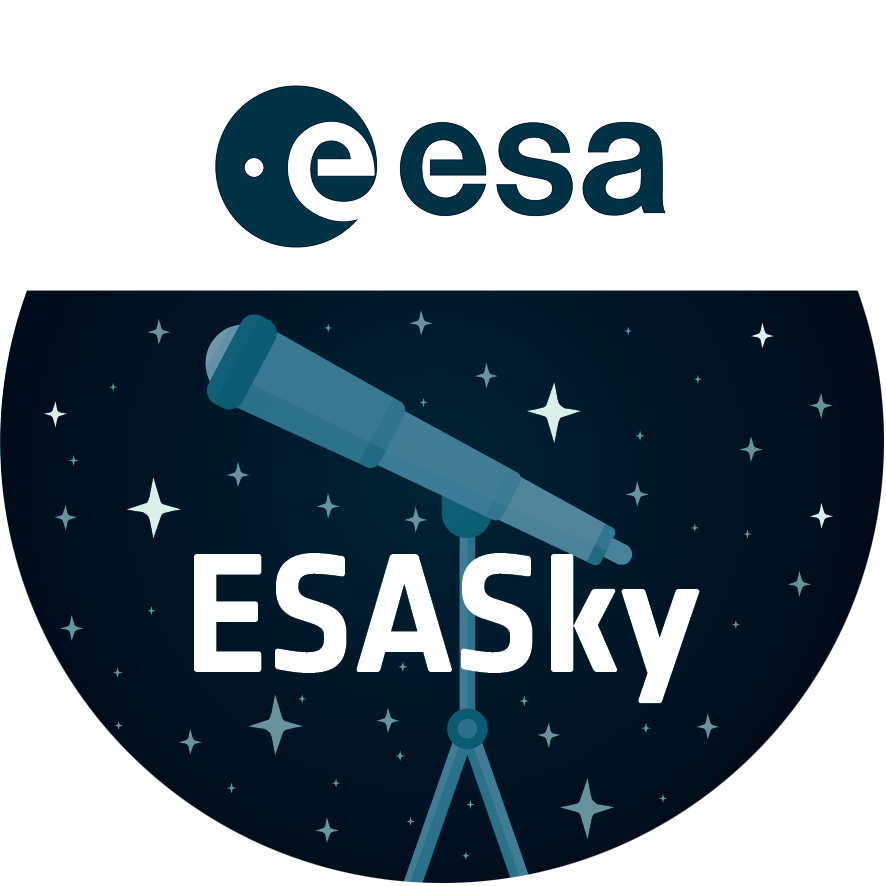About the Object
Coordinates
| Position (RA): | 4 45 42.84 |
|---|---|
| Position (Dec): | -59° 14' 37.79" |
| Field of view: | 3.78 x 1.44 arcminutes |
| Orientation: | North is 15.5° left of vertical |
Colours & filters
| Band | Wavelength | Telescope |
|---|---|---|
| Infrared | 3.0 μm | James Webb Space Telescope NIRCam |
|
Infrared
PAH | 3.35 μm | James Webb Space Telescope NIRCam |
| Infrared | 3.6 μm | James Webb Space Telescope NIRCam |
|
Infrared
PAH | 7.7 μm | James Webb Space Telescope MIRI |
|
Infrared
PAH | 7.7 μm | James Webb Space Telescope MIRI |
|
Infrared
Silicate | 10 μm | James Webb Space Telescope MIRI |
|
Infrared
PAH | 11 μm | James Webb Space Telescope MIRI |
| Infrared | 21 μm | James Webb Space Telescope MIRI |
NGC 1672
Physics at High Angular resolution in Nearby GalaxieS (PHANGS) program, a large project that includes observations from several space- and ground-based telescopes of many galaxies to help researchers study all phases of the star formation cycle, from the formation of stars within dusty gas clouds to the energy released in the process that creates the intricate structures revealed by Webb’s new images.
NGC 1672 is 60 million light-years away in the constellation Dorado.
Learn more about what can be seen in this vast collection of Webb images here.
[Image description: Webb’s image of NGC 1672 shows a portion of a densely populated face-on spiral galaxy anchored by a central core and bar structure made of filamentary dust lanes and a light blue haze of stars, just below centre. Two spiny spiral orange arms extend from the bar to the edges and rotate clockwise.]
Credit:NASA, ESA, CSA, STScI, J. Lee (STScI), T. Williams (Oxford), PHANGS Team
About the Image
| Id: | weic2403k | |
|---|---|---|
| Type: | Observation | |
| Release date: | 29 January 2024, 16:00 | |
| Related releases: | weic2403 | |
| Size: | 3605 x 1369 px | |




